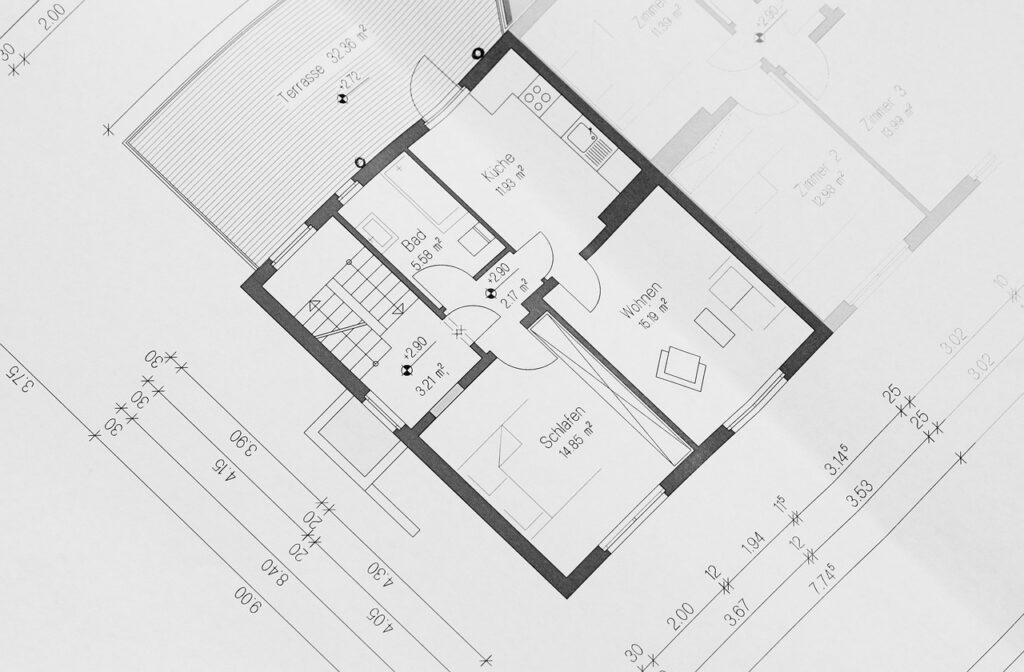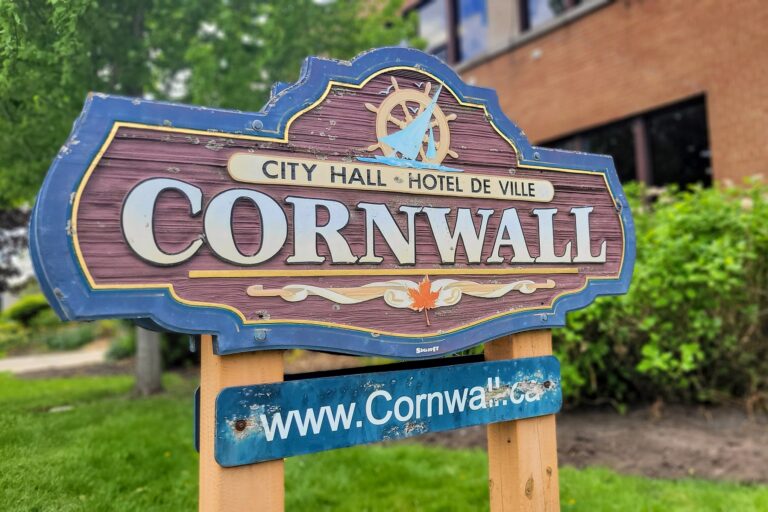
Embarking on a construction project, whether it’s a new residential home, a commercial building, or a renovation, is a significant endeavor that requires careful planning, attention to detail, and effective management. From selecting the right location to hiring the right team and navigating complex regulations, numerous factors must be considered before breaking ground. This comprehensive guide will explore the key things that must be considered before starting a construction project to ensure its success.
Conduct a Feasibility Study
A feasibility study evaluates various factors, such as site location, market demand, regulatory requirements, and financial feasibility, to determine whether the project is worth pursuing. Evaluate potential sites for your construction project, considering accessibility, zoning regulations, environmental impact, and infrastructure availability. Look into post renovation cleaning services to ascertain the viability of your project. These services ensure that your construction project concludes with a pristine and inviting environment, ready for occupancy or immediate use. Additionally, analyze the project’s financial aspects, including estimated costs, funding sources, and potential returns on investment. A comprehensive feasibility study will help you identify possible challenges and opportunities early in the planning process, allowing you to make informed decisions and mitigate risks effectively.
Define Your Goals and Scope
What do you hope to achieve with this project? Are you building a new structure from the ground up, or are you renovating an existing property? Define your project’s purpose, objectives, and desired outcomes and outline the specific tasks and deliverables required to achieve them. When defining your project scope, consider factors such as budget, timeline, and quality standards. Be realistic about what you can accomplish within your constraints and prioritize your goals accordingly. Defining your project scope upfront will help you stay focused and on track throughout construction.
Secure Financing
Once you’ve determined that your construction project is feasible, the next step is to secure financing to fund the project. Construction projects can be capital-intensive, requiring significant upfront investment for land acquisition, materials, labor, and other expenses. Work with financial institutions, investors, or other stakeholders to secure the necessary funding for your construction project. Prepare a detailed budget that outlines all projected costs and expenses associated with the project, including construction costs, permits, fees, and contingencies. A solid financial plan will give you confidence that you can fund and complete the project successfully.
Develop a Comprehensive Project Plan
A well-developed project plan is a roadmap for the construction process, guiding decision-making, resource allocation, and progress tracking.
Work with architects, engineers, contractors, and other key stakeholders to develop a detailed project plan that includes:
- A project schedule outlining key milestones, deadlines, and dependencies
- A budget detailing estimated costs for materials, labor, equipment, and other expenses
- A communication plan outlining how information will be shared and disseminated among project stakeholders
- Procurement plans for sourcing materials, equipment, and services
Finally, consider the long-term sustainability and resilience of your construction project. Incorporate sustainable design principles and practices to minimize environmental impact, conserve resources, and reduce operating costs over the project’s lifecycle. Use resilient building materials, such as reinforced concrete and impact-resistant glass, and design features, such as elevated foundations and flood-resistant landscaping, to mitigate risks and enhance long-term durability. By planning for long-term sustainability and resilience, you can future-proof your construction project, reduce operating costs, and create a healthier, more resilient environment for future generations.
By considering the key factors outlined in this guide—defining project goals and scope, conducting feasibility studies, securing financing, obtaining necessary permits and approvals, developing comprehensive project plans, hiring the right team, implementing effective project management, monitoring progress and quality, preparing for post-construction activities, and planning for long-term sustainability—, you can set your project up for success.













